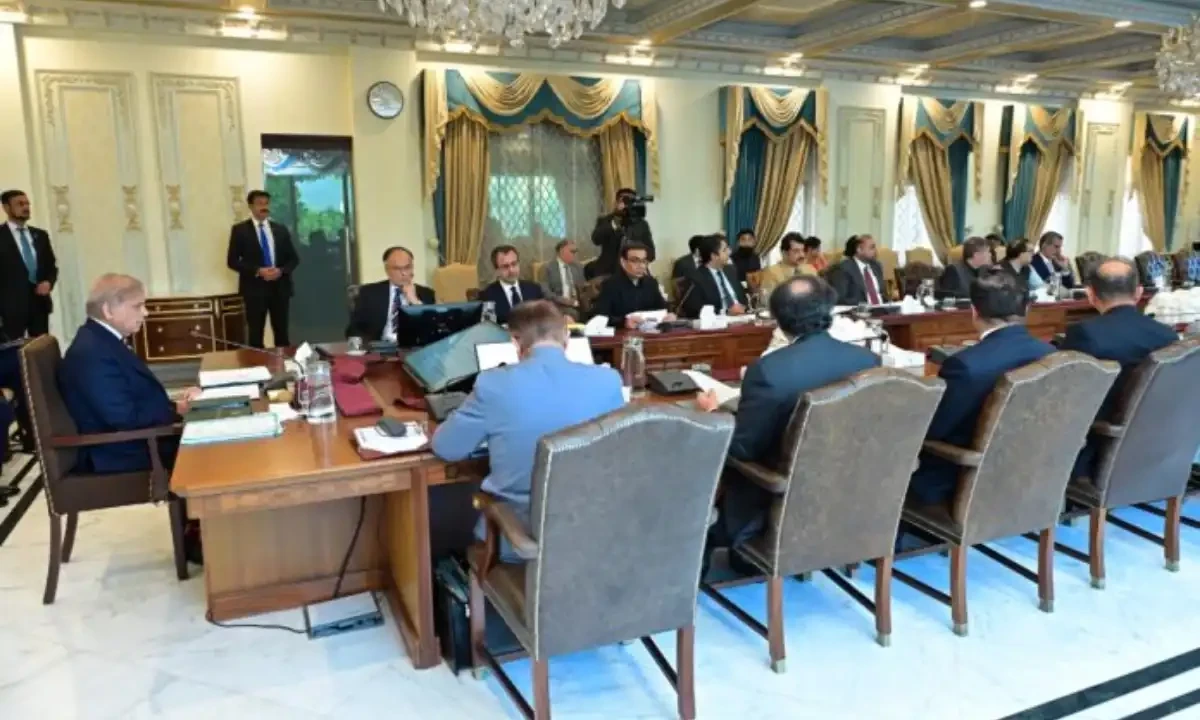
On Wednesday, Pakistan’s Cabinet Committee on Energy approved the creation of an independent market for electricity generation and purchase, aiming to enhance competition and lessen the government’s dominance as the sole electricity buyer. The decision was made during a meeting chaired by Prime Minister Shehbaz Sharif.
The committee endorsed the establishment of an Independent System and Market Operator (ISMO), a proposal that will be forwarded to the federal cabinet for final approval. The ISMO will be registered with the Securities and Exchange Commission of Pakistan under the Companies Act 2017, according to a statement from the Prime Minister’s Office.
The ISMO aims to create a transparent and competitive electricity market, giving consumers the ability to choose their power suppliers instead of being limited to traditional distribution companies. It will focus on long-term planning to generate affordable electricity, improve the transmission network, and address issues like circular debt.
The ISMO board will consist of power sector experts. During the meeting, participants were briefed on the ongoing challenges posed by circular debt.
Prime Minister Shehbaz Sharif stressed the urgency of reforms within the power sector and called for immediate measures to reduce theft and losses. He also instructed officials to employ modern technologies to strengthen these reforms.
Federal ministers Muhammad Aurangzeb, Ahsan Iqbal, Ahad Khan Cheema, Sardar Awais Ahmed Leghari, Dr. Musaddik Malik, and other committee members were present at the meeting.
On a somber winter's day in Stratford-upon-Avon, visitors are flocking to sites associated with William…
Team USA pulled off a stunning 2-1 overtime comeback victory over Canada at the 2026…
Meghan Markle and Prince Harry have long harbored a deep-seated resentment towards the monarchy, seeing…
The City Traffic Police in Lahore has unveiled a meticulous plan for ensuring smooth vehicular…
Nairobi (Reuters) - A recent Kenyan intelligence report, presented to lawmakers this week, reveals that…
WASHINGTON (Dunya News) - Prime Minister Shehbaz Sharif called on all parties involved in Gaza's…
This website uses cookies.